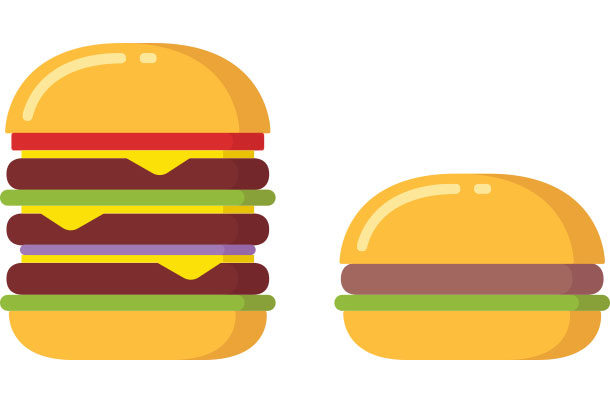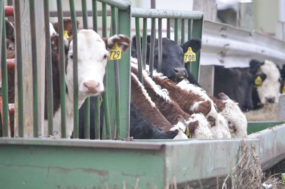And over the past few years, I’ve watched with interest (and some alarm) as news anchors and businesspeople seemed to overwhelmingly embrace plant-based alternative proteins. Some even referred to these products and others as “revolutionary” and “game-changing” in the protein marketplace.
However, I heard some beef industry stakeholders refer to the market for these protein alternatives as small and inconsequential. I found myself harkening back to the 1970s when we didn’t pay enough attention to consumer concerns about beef’s healthfulness. Now, in 2021, we’re still fighting misconceptions and myths about beef’s nutritional profile. I became personally concerned that we were heading down the same path when it came to alternative proteins. Fortunately, I discovered my colleagues on the Cattlemen’s Beef Board (CBB) felt the same way.
As a result, the Beef Checkoff commissioned a research study about plant-based alternative proteins and their potential impact on beef demand. By commissioning such a study, the checkoff is using producer dollars to fund research that uncovers the latest consumer preferences and attitudes toward beef and other proteins. Then we can use this information to determine the messaging, strategies and tactics that will encourage consumers to choose beef over other options in the crowded protein marketplace.
That study, “Impacts of New Plant-Based Protein Alternatives on U.S. Beef Demand,” authored by Glynn T. Tonsor, Jayson L. Lusk and Ted C. Schroeder, reflects the attitudes and opinions of more than 3,000 U.S. residents surveyed in September 2020. The study’s results, weighted to better represent the U.S. population, provide a comprehensive assessment across both retail and food service market channels.
This study’s findings may surprise you a little. First off, consumers are still choosing beef about three times more often than plant-based protein alternatives. And while mainstream media may have you believe otherwise, beef has a good image. Consumers’ perceptions of beef’s taste, appearance, price and naturalness exceed those of plant-based protein alternatives. While plant-based protein alternatives often portray themselves as being healthier and more nutritious, consumers just aren’t buying it hook, line and sinker.
Consumers also feel beef wins when it comes to protein and iron content. In fact “being good for the environment” was the only area in which more than one-third of consumers surveyed ranked plant-based protein alternatives higher than beef. That said, these protein alternatives also ranked higher than beef on average when it came to perceptions about cholesterol, fat and dietary fiber – the qualities of plant-based proteins that appeal to consumers most.
So who are the people who are choosing plant-based protein alternatives over beef? They tend to be adults with young children who enjoy a higher household income, reside in a Western state and lean to the left politically. They place more importance on environmental concerns and animal welfare when making food choices than those who traditionally choose animal proteins.
Other findings in this study are also interesting, but the aforementioned are the ones that really hit home for me. This research tells us beef is still in a good position, but there’s an entire demographic of vocal consumers out there who believe they’re doing the “right thing” by choosing to eat plant-based proteins – and we need to figure out how to communicate the real truth about beef to them.
Now that research has told us what we’re up against, how can the checkoff use this information to keep beef at the center of breakfast, lunch and dinner plates? First off, we need to do more to make beef attractive to “flexitarians” – people who embrace a style of eating that encourages mostly plant-based foods while allowing meat and other animal products in moderation. With consumers perceiving plant-based protein alternatives as lower in fat and cholesterol, the checkoff may want to consider more messaging about the health benefits of lean beef products.
Secondly, we need beef to be affordable without sacrificing the taste, freshness and food safety that attract our core beef consumers. While plant-based proteins still have a small market share, there’s always the chance lower plant-based protein prices may convince more people to give those alternatives a try.
All in all, the research shows us that plant-based protein alternatives are a relatively small threat to the beef industry right now. However, these products do appeal to a younger generation with strong feelings about health, animal welfare and the environment, and we can’t ignore that.
As Beef Checkoff contractors develop new plans and initiatives to promote beef, we’re asking them to consider this study’s findings along with other factors that could impact beef demand, both now and well into the future. I can assure you the CBB members will do their very best to invest your checkoff dollars wisely to grow beef demand.









